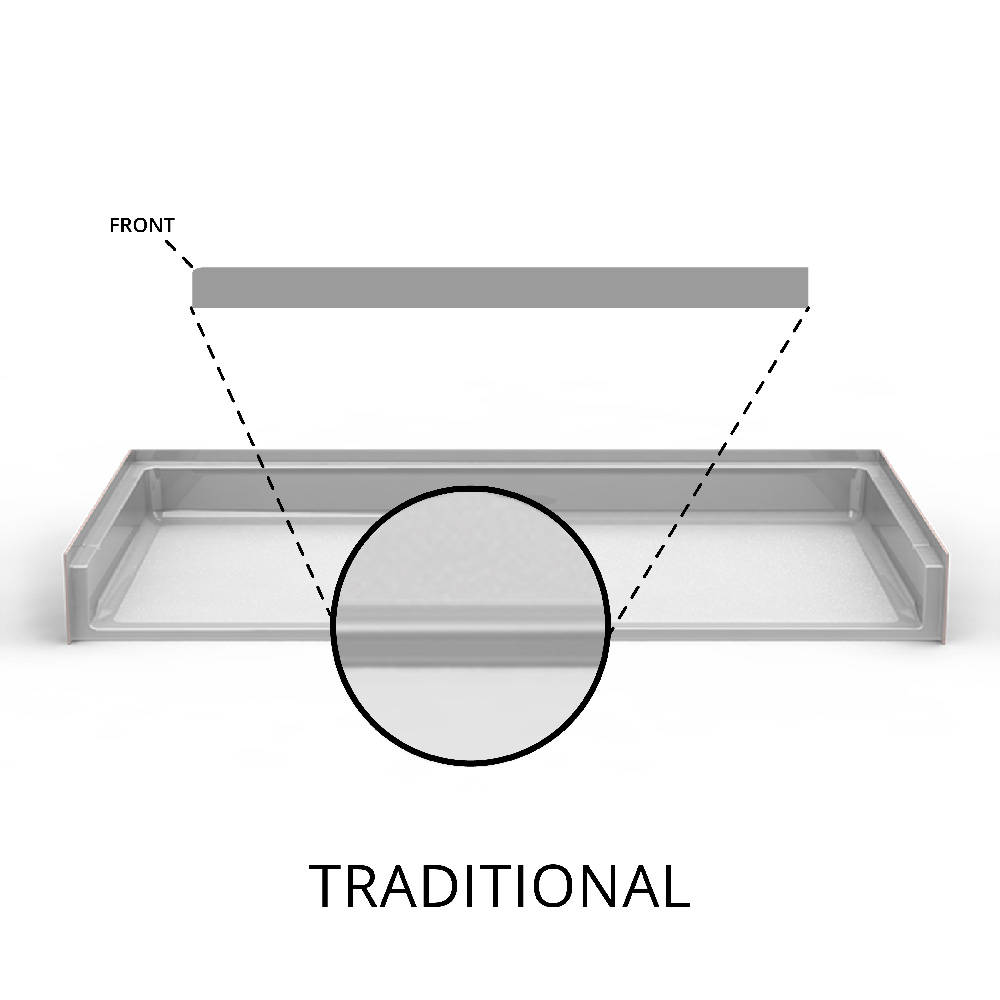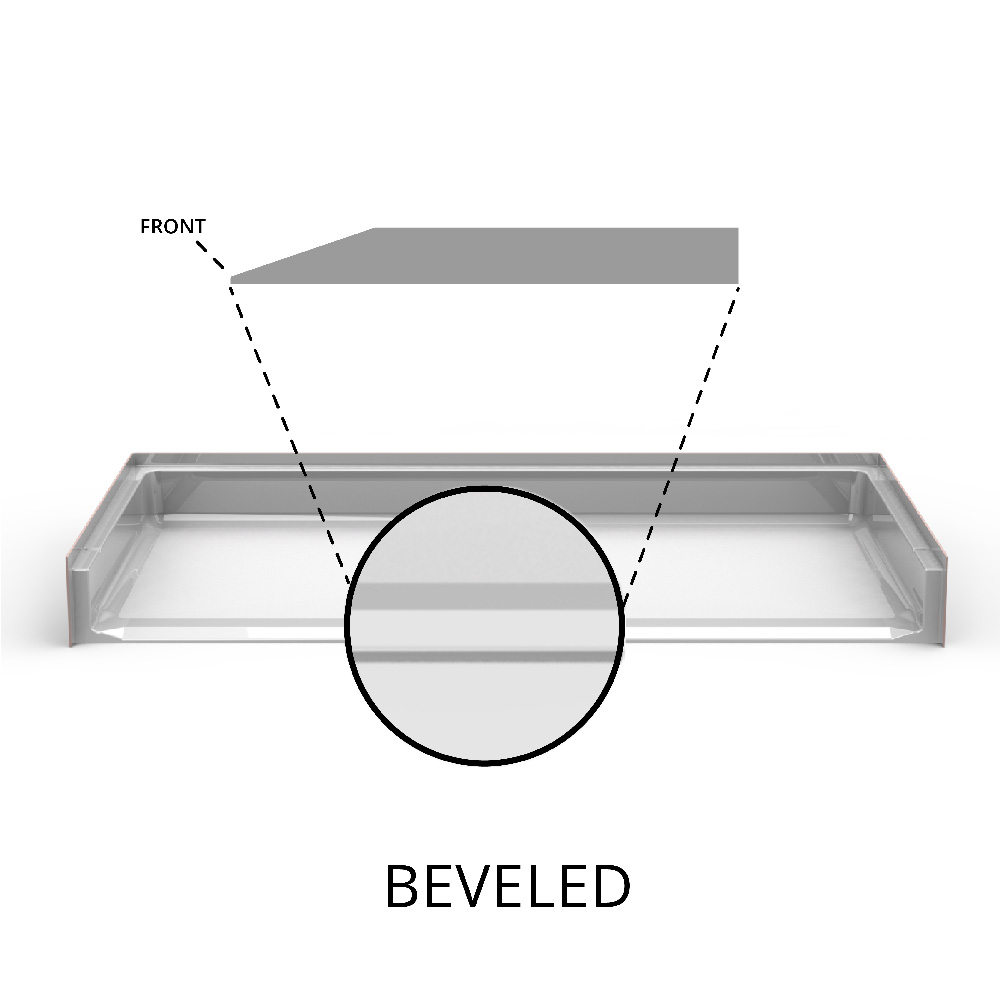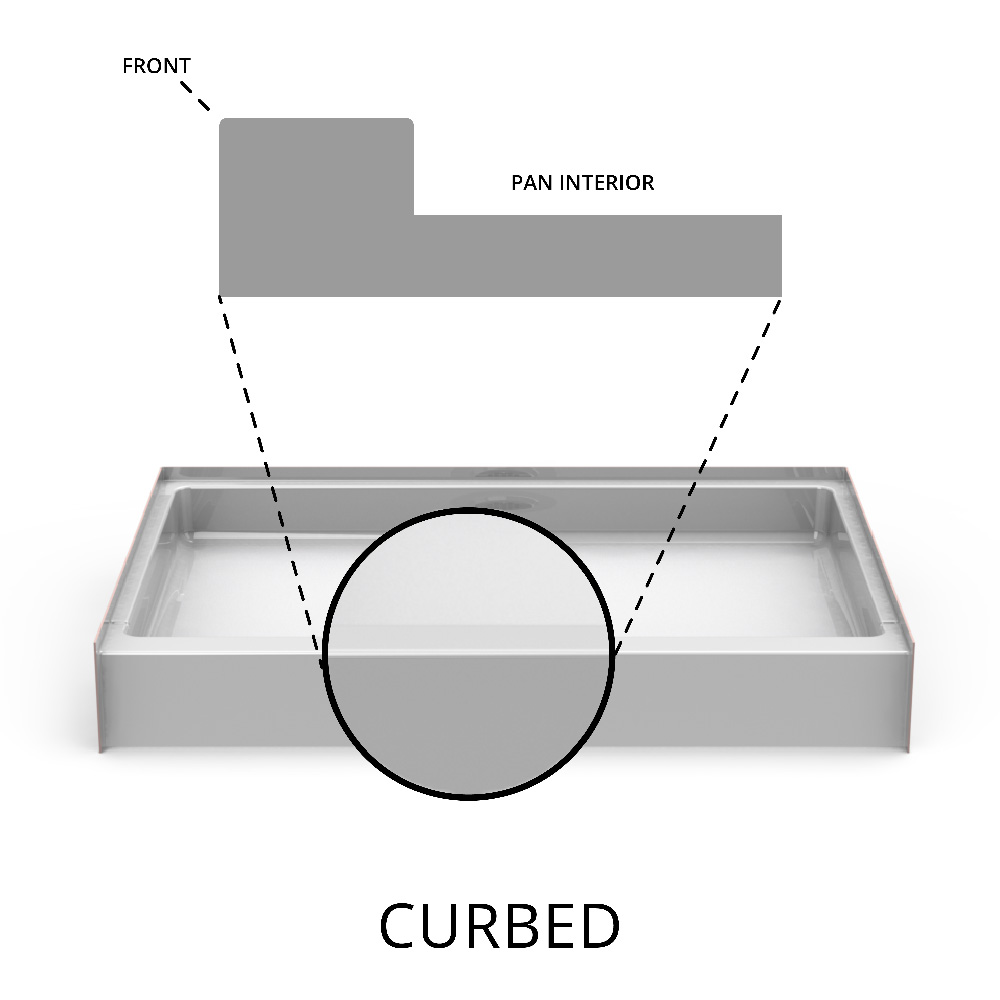Uncategorized
CAPS off to Mount Royal University
For over a decades Canadian builders, renovators, architects, designers, and occupational therapists have travelled to the U.S.A. to acquire The Certified-Aging-In-Place Specialist (CAPS) designation which is sponsored by the National Association of Home Builders in the U.S.A.
The CAPS program provides necessary knowledge for professionals intending to meet the needs of the aging population. It offers the “technical, business management and customer service skills essential to competing in the fastest growing segment of the residential remodelling industry: home modifications for the aging-in-place market”
In order to obtain the CAPS designation, participants must complete three required modules: Marketing and Communication Strategies, Design/Build Solutions, and Business Management for Business Professionals. Each course costs $220 for NAHB members, or $330 for non-members. Graduation kits are then required which cost between $110-$218.
Since this is a continually changing industry, the NAHB requires CAPS holders to renew their designations annually. An $83 annual renewal fee must be payed in order to maintain CAPS status. Overall the initial cost to Canadian attending could cost well over $2,000. Including transportation, accommodation, and other expenses, as well a 2-3 day absence from their workplace.
Recently, Mount Royal University has developed the Canadian answer to the CAPS certification. The Canadian Specialist in Housing Design (CSHD) is a new Continuing Education course available online. Since the certificate is offered online, participants do not incur travel expenses and can access the course when it is convenient.
The purpose of this course is similar to CAPS: to learn about the factors that influence “accessible housing needs, aging-in-place, design principles that support accessible design and marketing trends that influence the housing industry” This knowledge is critical for renovators and remodellers interested in the aging population. This certification is also split up into three different modules offered at different times throughout the year.
While both certifications offer similar information, there are some key differences in the knowledge acquired The content of the CSHD is Canadian-specific. For Canadian architects, designers, builders and renovators the information is directly applicable. To local standards. It is unnecessary and irrelevant to learn about the ADA as it does not have Canadian applications in building codes.
The CSHD was designed by Mount Royal University over a period of two years. A number of agencies, government departments, construction professionals and individuals provided input into the content. Here is a list of some of the contributors:
- The Candian Association of Home Builders
- The City of Calgary
- The Canadian Paraplegic Association
- The Alberta Seniors Citizen’ Housing Association Members
- The Candian Association or Retired Persons
- The Alzheimer’s Society (Calgary Chapter)
- Silvera for Seniors
- The Pinnacle Group
- The Bank of Montreal
- The Accessible Housing Society Calgary
- Barrier Free Architecturals
- Stepper Homes
- Lifetime Contractor Ltd



